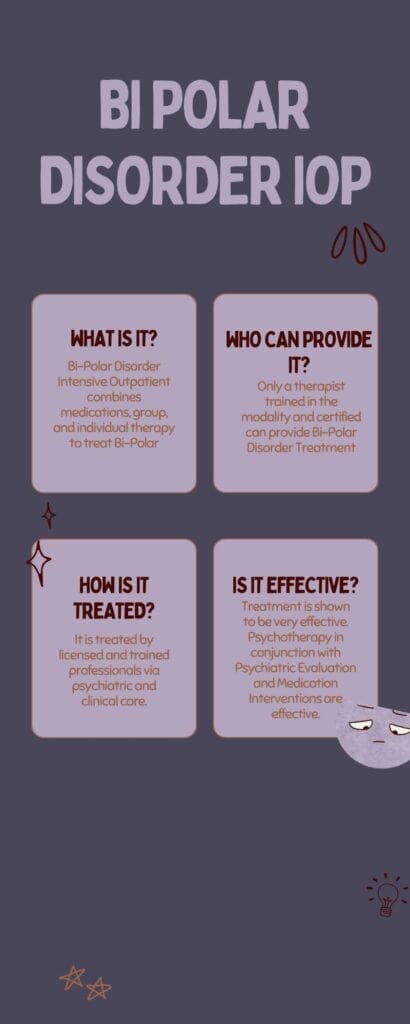Life Skills Training in Boston Intensive Outpatient
Life skills training is a transformative process that equips individuals with essential tools for personal growth and healthier relationships. Today, let’s explore the significance of life skills training and its potential to enhance well-being and resilience. Additionally, we will look at how intensive outpatient program Boston can aid in life skills training journey.
What is Life Skills Training and Why is It Important?
Life skills training equips individuals with the tools they need to lead more fulfilling and productive lives. So, they can make positive contributions to society and effectively navigate the complexities of the modern world. It includes:
- Enhanced Personal Development: Life skills like self-awareness and self-motivation contribute to personal growth and resilience. These help individuals to build self-confidence and a sense of purpose.
- Improved Interpersonal Relationships: Life skills such as communication, empathy, and conflict resolution promote healthier and more fulfilling relationships.
- Boosted Problem-Solving and Decision-Making: Critical thinking, decision-making, and problem-solving skills empower individuals to assess situations. So, they can make informed choices, and navigate life’s challenges effectively.
Benefits of Life Skills Training in Intensive Outpatient Program Boston
Life skills training in any Intensive Outpatient Program Boston not only aids in recovery but also empowers individuals to lead more fulfilling, healthier lives as they reintegrate into society. Some of the benefits include:
Improved Recovery and Relapse Prevention
It equips participants with the tools to bolster their resilience, making them more adept at handling triggers and stressors. It also helps them in setting and achieving personal life goals within the training program and keeps individuals motivated and committed to their recovery.
By imparting strong decision-making skills, life skills training helps prevent impulsive actions that may lead to relapse.
Enhanced Coping Mechanisms
Participants learn emotional regulation, gaining the ability to manage their emotions effectively and avoid emotional triggers.
Stress management techniques taught in these programs enable individuals to handle stressors without resorting to substances. Improved interpersonal skills, including communication and conflict resolution, contribute to healthier relationships and fewer emotional triggers.
Better Integration into Society
The acquisition of life skills like time management and professional communication enhances employability. Thereby, facilitating a smoother reintegration into the workforce.
Almost every intensive outpatient program Boston allows enhanced social interaction skills, enabling individuals to rebuild social connections and establish a reliable support network within their communities.
The responsible management of finances reduces the risk of financial instability and legal issues, supporting a successful return to society as productive, contributing members.

Wrapping it Up
Life skills training is a powerful tool for personal growth, relationship improvement, and effective problem-solving.
This is simply because It empowers individuals to lead healthier, more fulfilling lives (as we all deserve). To explore how Resilience Behavioral Health Centers can support your journey, visit Resilience Behavioral Health for information on their programs and services.

